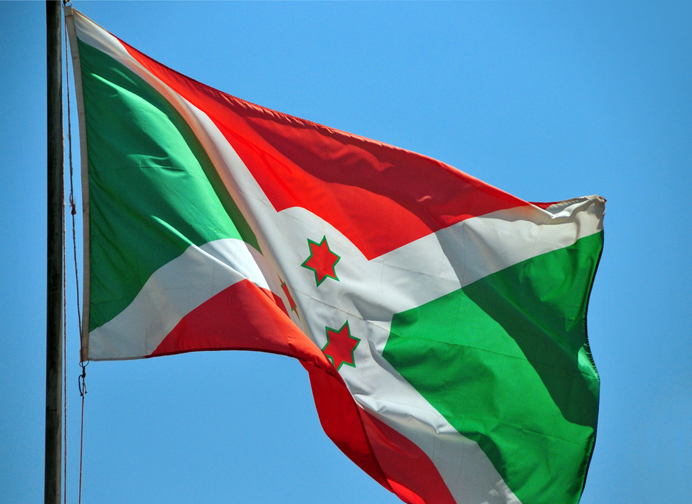Nairobi – A Burundi government commission set up to investigate killings that have scarred the tiny country declared for the first time on Monday that a massacre of ethnic Hutus half a century ago amounted to genocide.
Simmering tensions culminated in a Hutu revolt in 1972 in which thousands of Tutsis were killed, followed by deadly reprisals that Hutu activists say led to the massacre of between 100,000 and 300 000.
The Truth and Reconciliation Commission (TRC) was set up in 2014 to investigate the darkest chapter in the history of the East African nation.
Chairperson Pierre-Claver Ndayicariye told parliament his commission had determined that the “crime of genocide” was committed against the Hutu people in 1972 during the regime of president Michel Micombero, an ethnic Tutsi.
ALSO READ | Burundi vows to probe deadly ‘terrorist’ grenade blasts
Hundreds of thousands of Burundians have died in waves of ethnic violence and civil war since independence in 1962, but the 1972 bloodletting is considered the worst.
Ndayicariye said during a three-hour speech that “crimes against humanity” had been perpetrated against some Tutsis during that period.
Witnesses told the commission that in May and June 1972, Hutus were transported from prison in the administrative capital Gitega by trucks every night to the banks of the Ruvubu river, where they were killed and dumped in pits.
Ndayicariye said that after three years of investigation, the remains of almost 19,900 people had been found in 200 mass graves.
The TRC has faced accusations of abusing its mandate by focusing excavation work at sites where Hutus were buried and ignoring those containing Tutsi victims.
The commission is comprised almost exclusively of ruling party cadres and Ndayicariye was head of Burundi’s election commission during the 2010 and 2015 polls.
Follow African Insider on Facebook, Twitter and Instagram
Source: AFP
Picture: Getty Images
For more African news, visit Africaninsider.com


